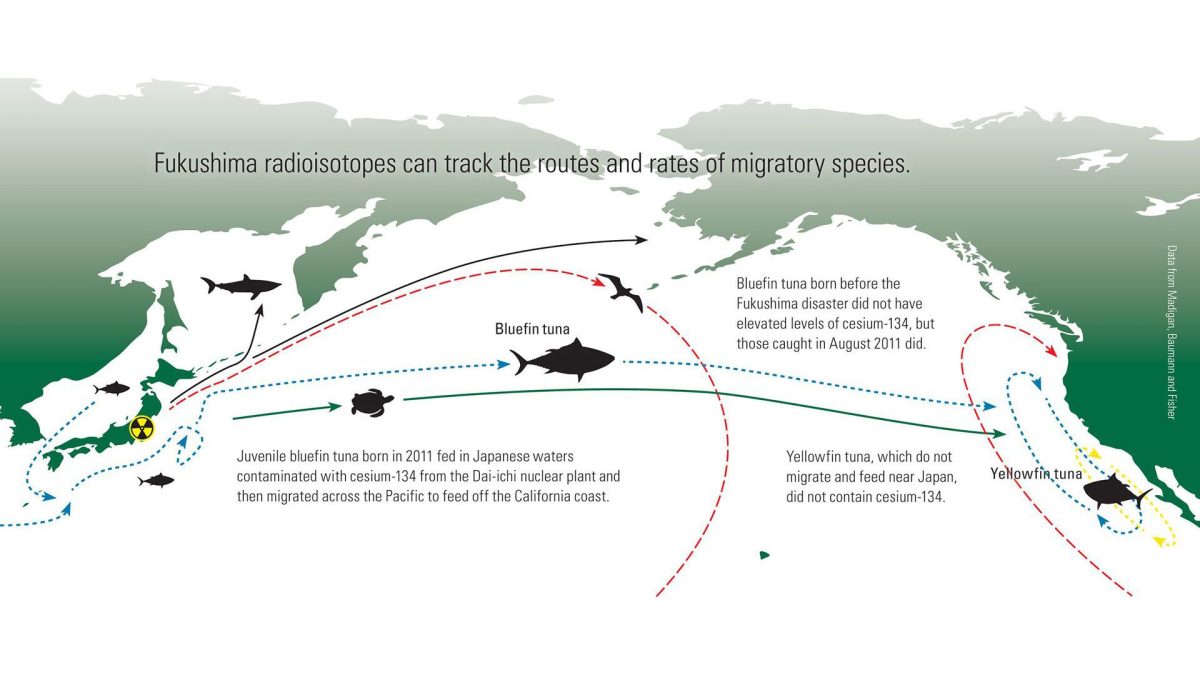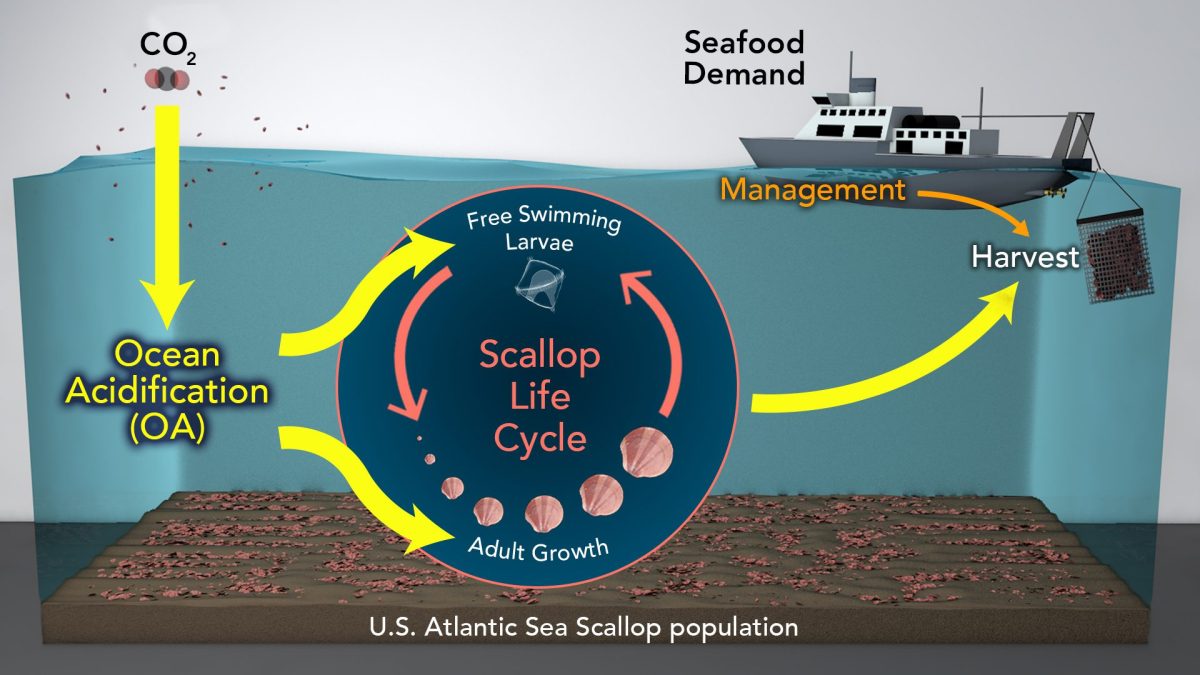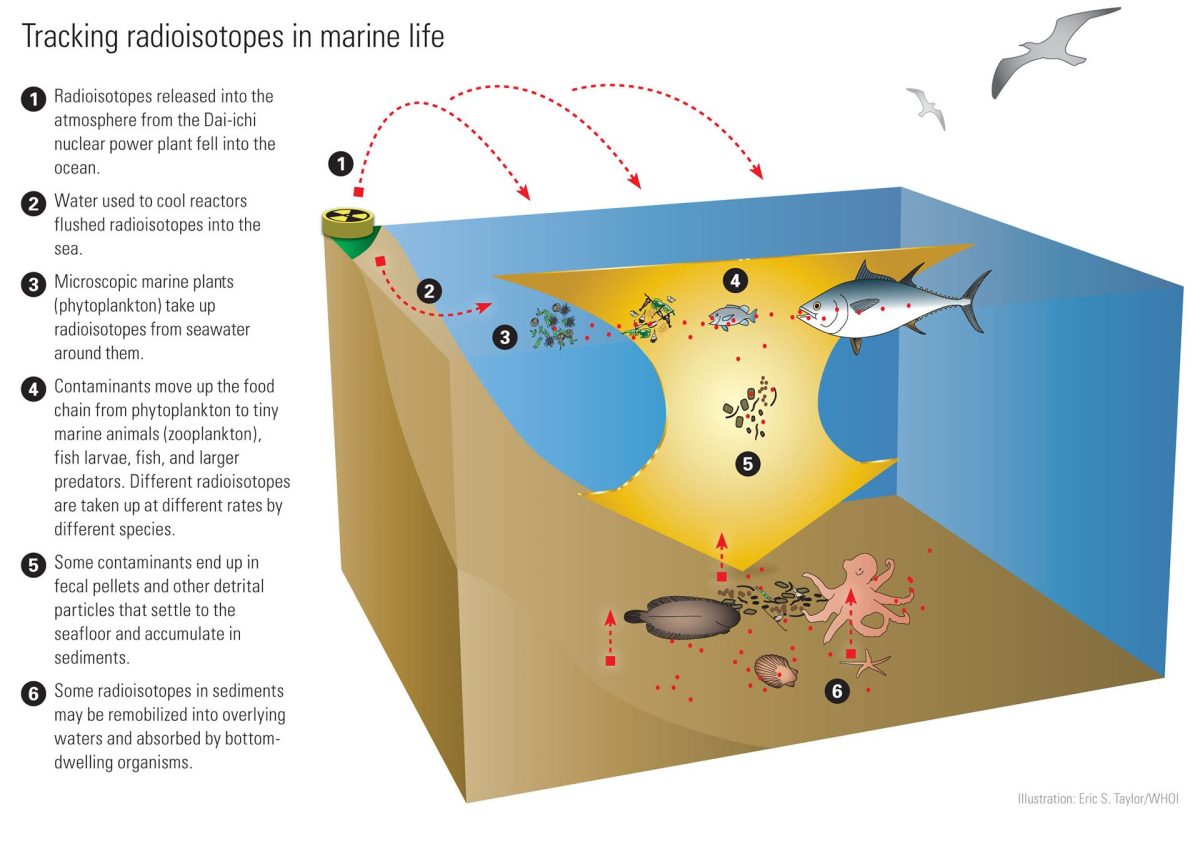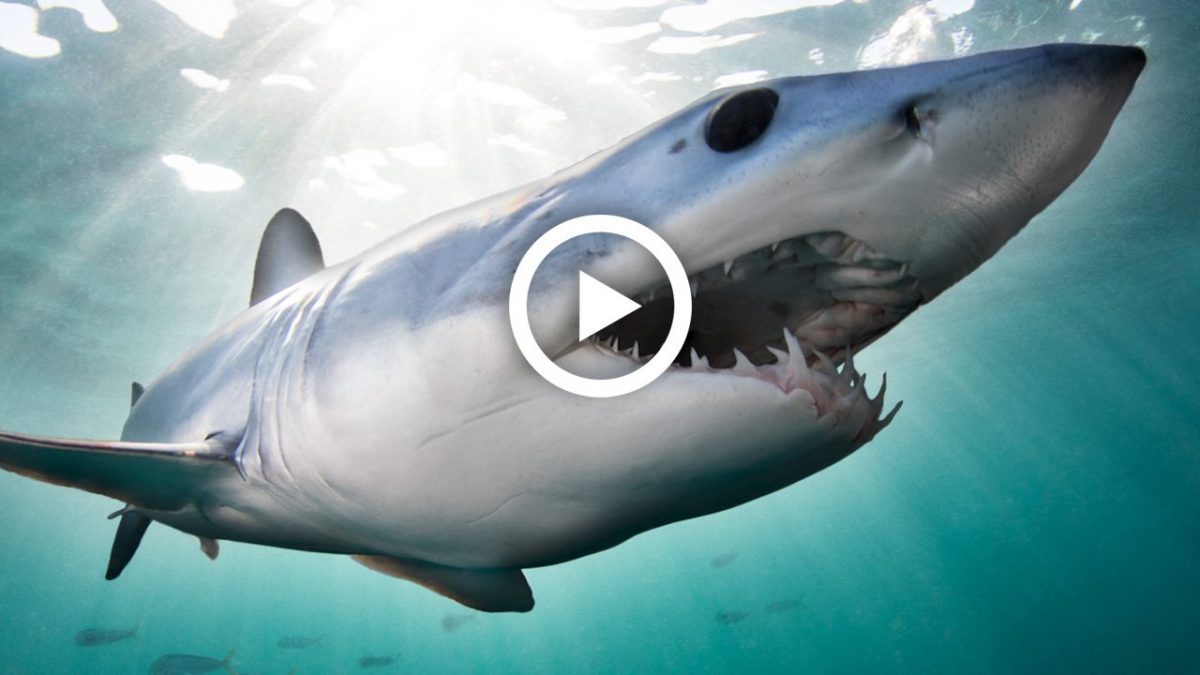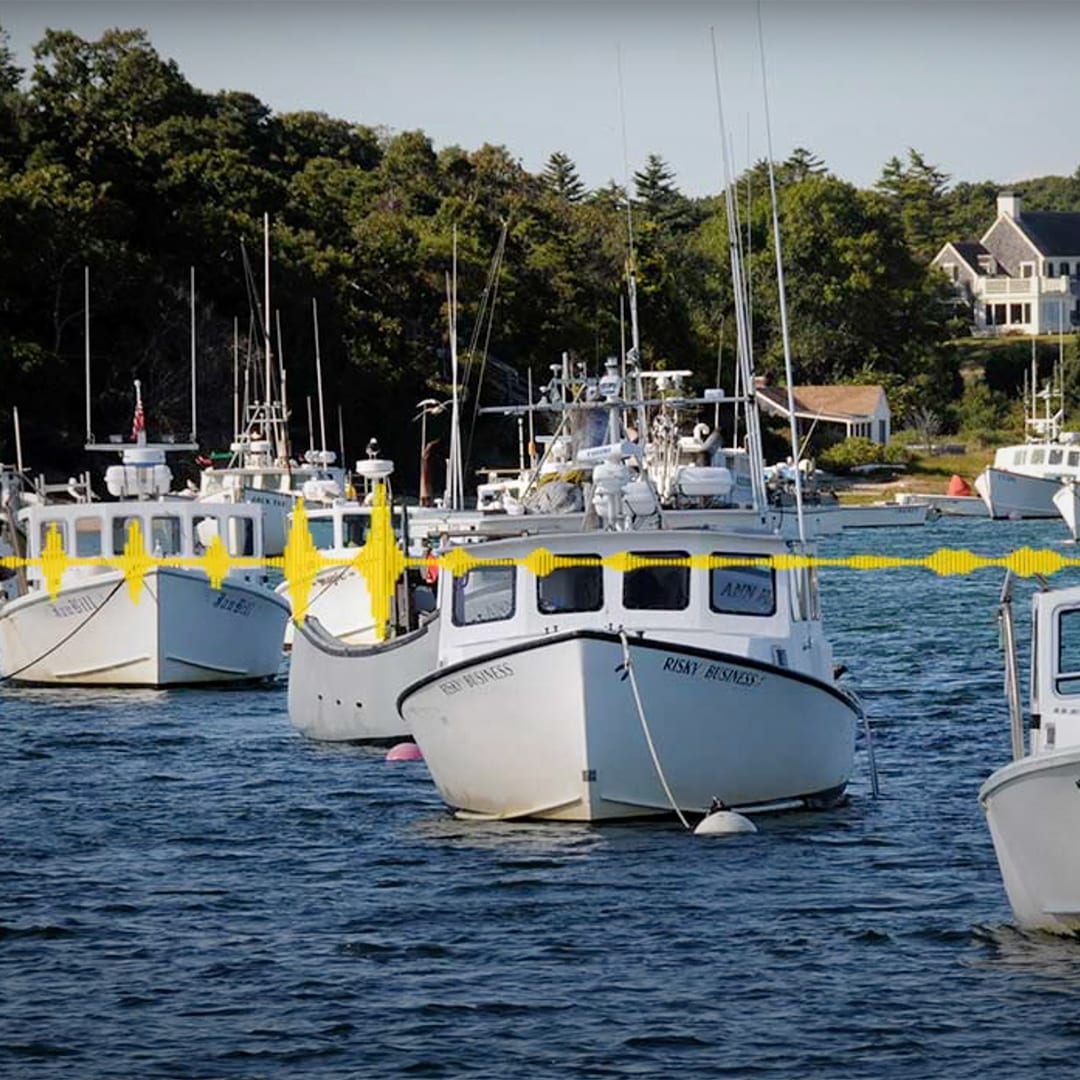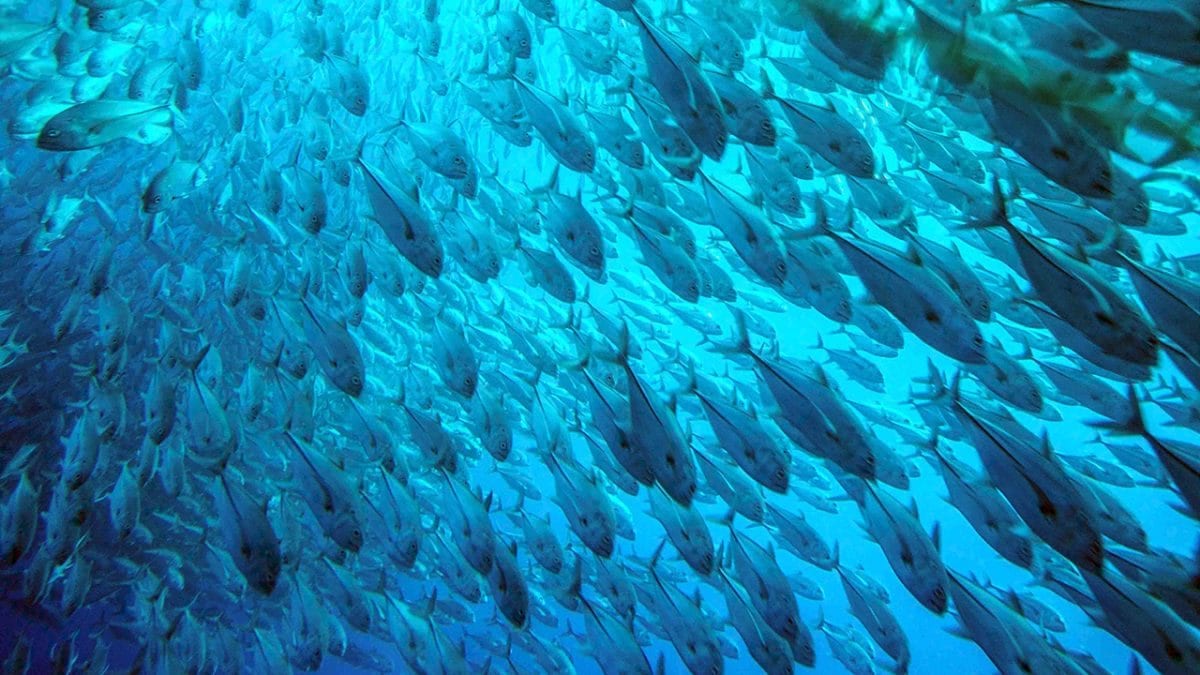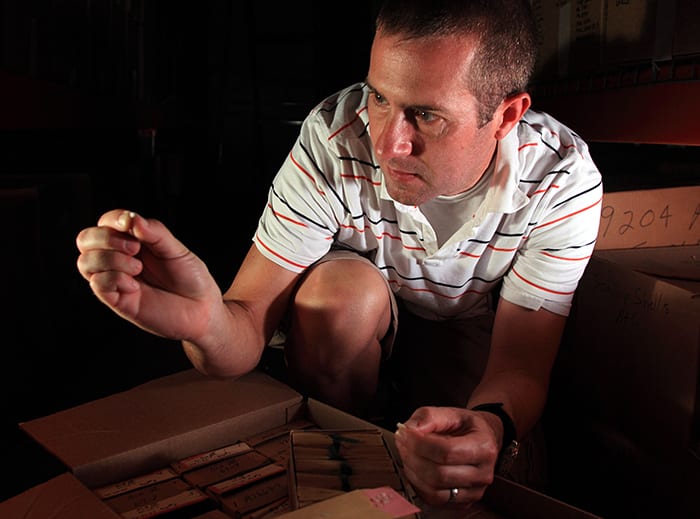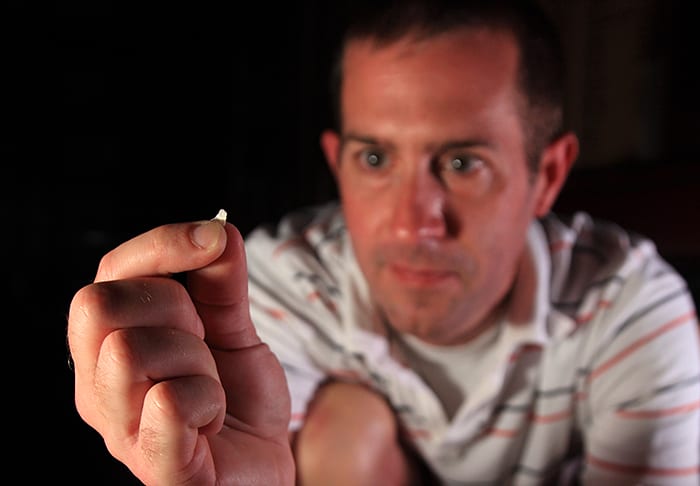In this section
Ocean Topics
- Climate & Weather
- How the Ocean Works
- Ocean & Human Lives
- Ocean Life
- Sustainable Ocean
- Ocean Tech
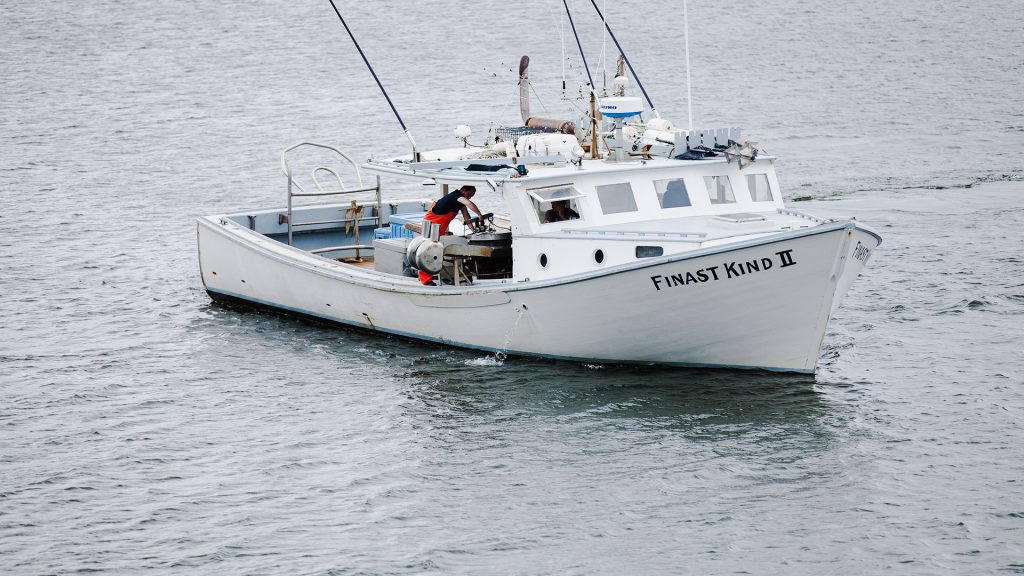
Rob Walz works aboard his fishing vessel the Finast Kind II for the WHOI-CFRF Shelf Fleet Program. (Commercial Fisheries Research Foundation). (Daniel Cojanu, © Woods Hole Oceanographic)
The ocean is a vital source of food and livelihood for millions worldwide. Fisheries - both industrial and small-scale - are essential to global food security, economies, and coastal communities. Researchers study fish populations, ecosystem dynamics, and the impact of fishing practices to support sustainable ocean use.
Scientists and fishers often collaborate on this work, from tracking predator-prey relationships in the deep ocean twilight zone to exploring shifting squid populations to improving the accuracy of stock assessments. Ocean economists also investigate the broader challenges of global fisheries, including illegal, unreported, and unregulated fishing, which threatens marine biodiversity and undermines international conservation efforts.
Researchers combine advanced technologies, such as autonomous vehicles and smart sensing tools, with local knowledge from fishing communities to develop effective solutions for protecting marine life and supporting the people who depend on it. Their work informs management decisions and promotes more equitable and sustainable approaches to ocean resource use in an ever-changing environment.
Articles Related to Fisheries
From Oceanus Magazine
Casting a wider net
Can the twilight zone be fished responsibly?
Casting a (long) line to the twilight zone food web
Squid Games
Measuring the great migration
Understanding Ocean Changes
News Releases
News & Insights
A Look Back at the UN Ocean Conference
Five ways to celebrate World Ocean Month
Harriet Harden-Davies is on the frontlines of ocean policy
Ocean science into action
Uncharted waters
Working from Home: Scott Lindell
King Kelp
Global Oceans and the Extinction Crisis
WHOI in the News
Making make-up: Scientists and entrepreneurs on the Cape are using algae from the ocean
Lobsterman face hypoxia in Outer Cape waters
The kelp business is booming. Can regulators keep up?
What we know — and don’t know — about offshore wind and whale deaths
Features
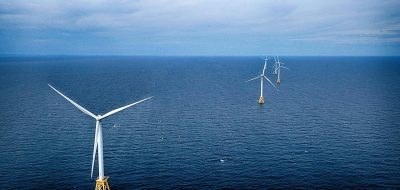
Offshore wind energy generates electricity through wind farms along inshore water areas such as lakes, fjords and sheltered coastal areas,…
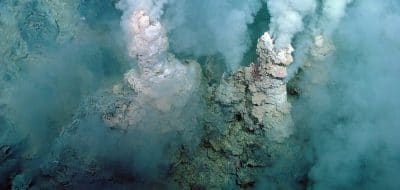
Deep-sea mining extracts metals like nickel and cobalt from ocean floors over 200m deep, with potential environmental impacts and global…
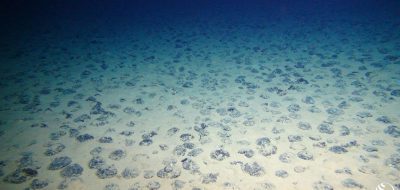
The International Seabed Authority regulates deep-sea mining beyond national zones, balancing resource access with environmental protection and global benefits.
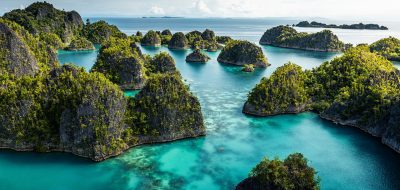
Marine protected areas refers to any part of the ocean that receives some level of protection under law, protecting about…
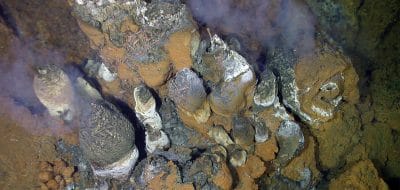
The ocean contains a complex combination of processes that sometimes result in commercially viable forms of a wide range of…
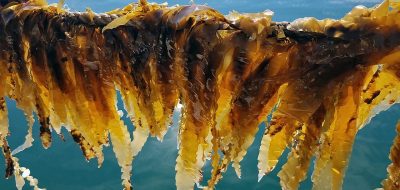
Aquaculture is the farming in fresh and saltwater environments of aquatic animals or plants principally for food. Fish, mollusks, crustaceans,…
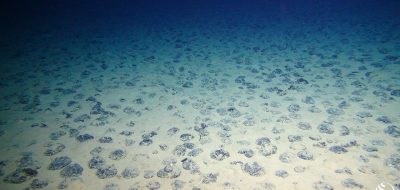
The International Seabed Authority regulates deep-sea mining beyond national zones, balancing resource access with environmental protection and global benefits.
Related Links
Center
Marine Policy Center
Program
Woods Hole Sea Grant
Symposium
WHOI Aquaculture Symposium
2011 Morss Colloquium
The Seafood Dilemma: Does It Matter Where We Get Our Seafood? Summer 2018

